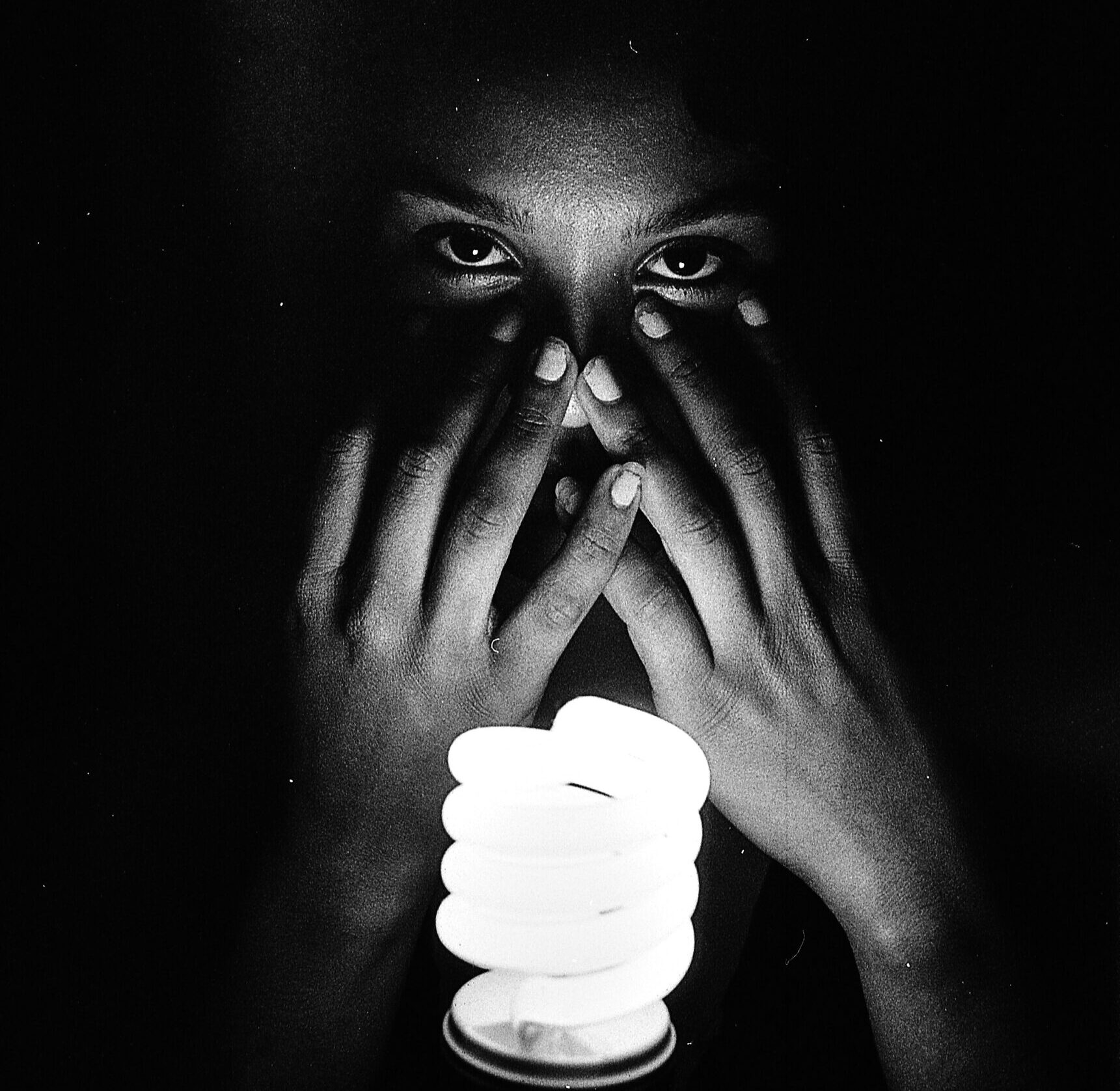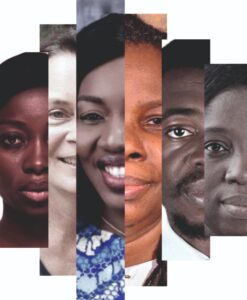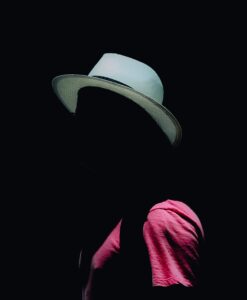

The experience of sexual harassment ranged from sexual assault
“He came to my back … and then he wanted to pull the pyjamas off, the trouser, and I still even didn’t struggle. I was just there then he tore the waist bead.”


…to unsolicited physical touch
“A guy came from nowhere … and started touching me”.


The perpetrator was mostly unknown and more likely to be a student
“I found out he was a student pastor in BSF… a well-respected person”.
“I was told that he was a carryover student”.


Experiences happened mostly at night, in poorly lit areas, and in class
“But I was sleeping in class as usual … I had an accommodation problem so my friends used to take turns to sleep in class with me”


…and when survivors were alone
“I was coming back from fellowship…”.


Some survivors had had prior experiences of sexual violence
“I have always felt low though because I started getting harassed at the age of 5.”
“So, literally I’ve been living alone all by myself and then when my uncle harassed me and I told the family, they didn’t believe me so I left everybody”
“…overnight reading…guys used to touch my body… when you put your head on the locker and you feel the touch…not only me, my roommates also complained that they had been touched while sleeping in class.”


In terms of consequences, survivors experienced sadness, low self-esteem, and problems in their relationships with others. Some stopped going to church (the assailant was a student pastor), became less trusting and used risk-taking behaviours to cope
“I started drinking and then my school, they do parties a lot, they party and all. So, I try to like find like two parties in a week. And then I try to attend and then I end up, I end up crying though”.
“I joined the kegites …. for leisure”.
“Lessened my trust in people… in guys, most especially church guys…. I stopped going to church”.


Some survivors reported the incident,
“I told the celebrity manager”


…while others did not, for example, because
“They will be asking for evidence…. I don’t have evidence, there was no camera, I just let it go”.


For those who reported, they were beseeched by lecturers and other students to forgive the assailant and not make a more formal report.
“But the lecturers came and then they were asking me what happened and all. And then I told them and they were begging me to leave him alone when they heard that he is a carryover student. He has been in school like 8 years or 7 years and that he had stroke and all.…they started kneeling down for me. You know people that are even much older and they were kneeling for me … so, I did not have any choice”.


Survivors experienced breaches in confidentiality, like people finding out and the stigma that followed,
“After it happened, everybody was looking at me like that is the girl that was raped and then I have to go around with nose mask all the time. I don’t stay in class until I have a class I want to attend, I come in late and they will still look at me and be like oh that girl… It was hard to cope with it and all. Anytime I sit down and I’m not smiling, they will be like ah sorry did you remember the experience? So, it was hard to, it was hard.”


Survivors had little faith in reporting sexual harassment because of previous negative experiences
“And then the last time I tried to report to law enforcement that was when I was in Lagos… they saw blood all over me and all, the moment the guy appeared and they know he is a cultist… they were like I should better run away for my life…. so, I don’t even think, as far as is Nigeria, then I’m not doing any enforcement thing. All of them they are being blinded by money”.


Survivors described “feeling cheated” when the outcome of reporting was unsatisfactory and when they felt that justice had not been served.
“I felt cheated. Like I don’t understand, is it because I’m a girl or is it because I could not … I just felt cheated. Like that’s not what supposed to happen … What if he had raped me? What if nobody was there? What if he had killed me?”


Survivors did not get additional help or counselling, were not aware of antisexual harassment policies within their schools.
“I am not aware of any antisexual harassment policy or committee”.


Survivors believe that the institutions need to do more to raise awareness and prevent sexual harassment on campus.
“Let the school lead a campaign and raise awareness”.
“Right now, someone is getting harassed, right now someone is getting raped….”

So far, it is clear that institutions need to do more than develop adequate antisexual harassment policies; they need to implement strategies to prevent sexual harassment in the university and ensure redress for survivors. Awareness needs to be raised and training provided to all stakeholders – staff and students in our universities. Stay tuned as we bring you more snippets from the field. Flip the switch, shine bright!

